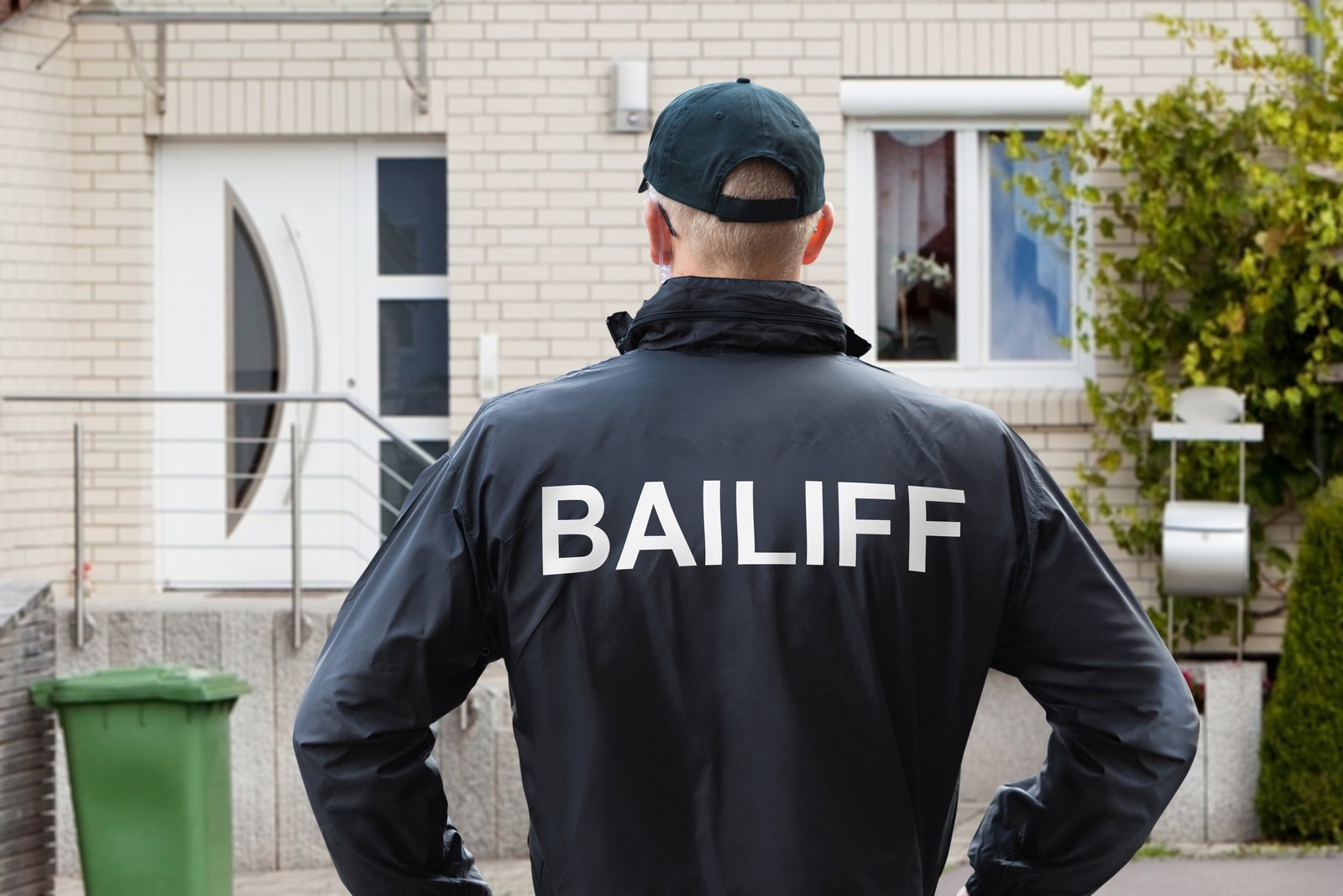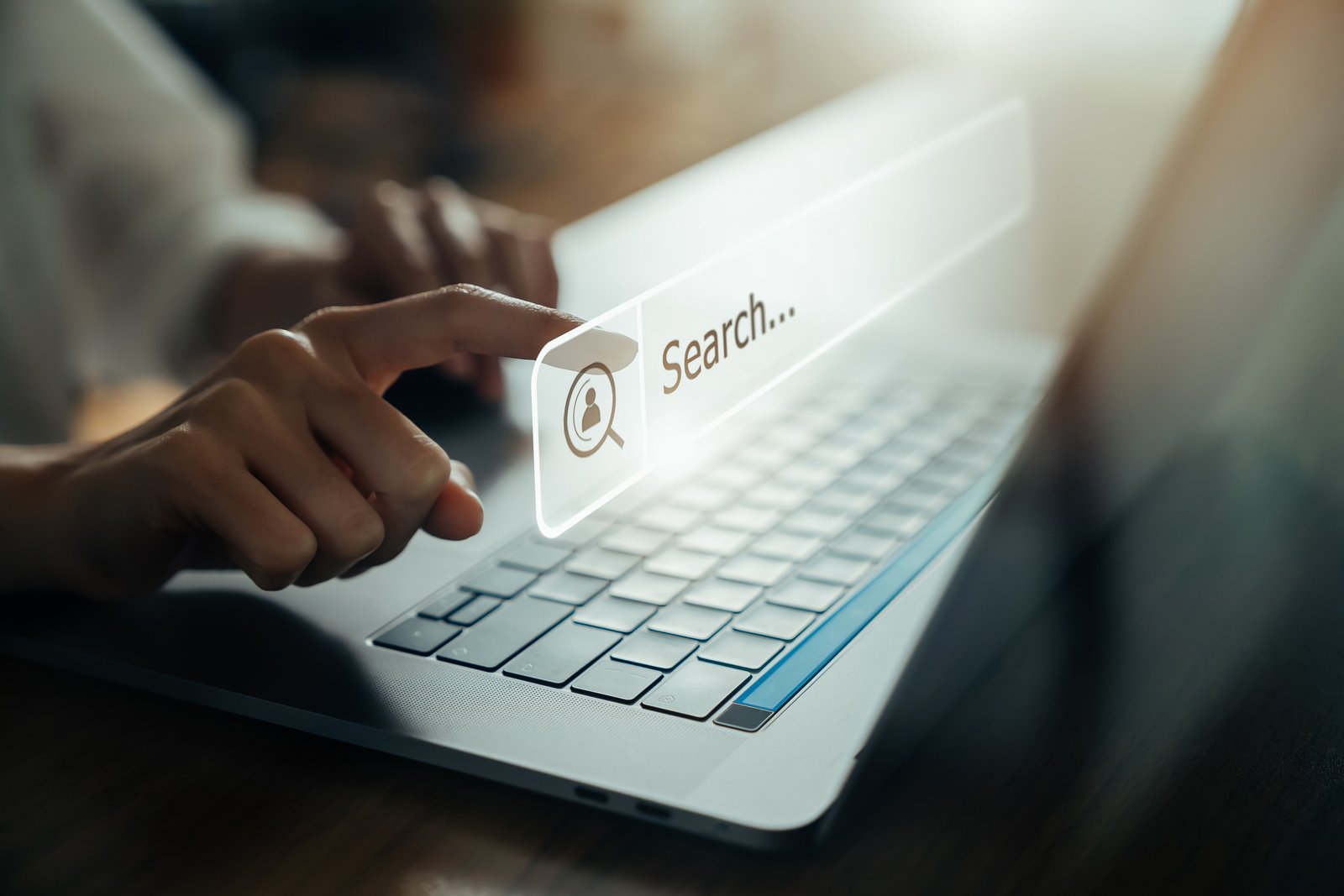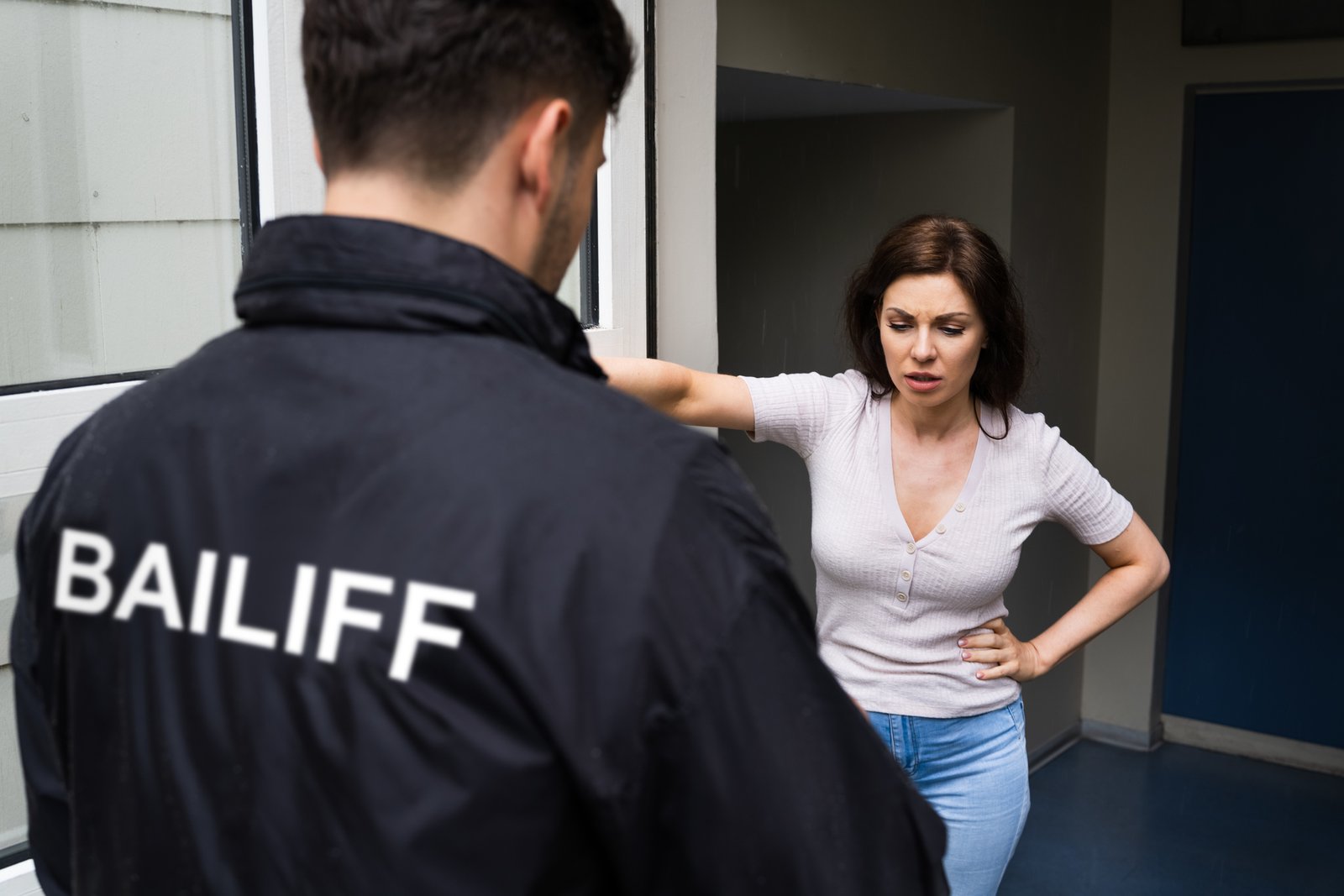When bailiffs visit, one of the biggest worries is whether they can take your car, furniture, or appliances if they’re still on finance. With many households relying on hire purchase agreements, car finance, or store credit, this is an important question to answer. The good news is that in most cases, bailiffs cannot legally take goods on finance but there are important details to understand.
It’s important to remember that with most finance agreements, you do not legally own the car until the final payment has been made. This means that in the majority of cases, bailiffs cannot take a car on finance because it is not your asset to seize. This applies to PCP, HP, and lease agreements. Even if the car is registered in your name with the DVLA, ownership is determined by the finance agreement, not the logbook. Always keep your finance paperwork available to prevent wrongful clamping or removal.
What Counts as Goods on Finance?
Items on finance are those you are still paying for under a credit agreement. This could include:
- Cars bought on hire purchase (HP) or PCP agreements
- Furniture or appliances bought on store credit
- Household goods bought on buy now, pay later deals
Until the finance is fully cleared, you usually don’t own the goods outright, the finance company does.
Can Bailiffs Take a Car on Finance?
Bailiffs often target vehicles because they’re valuable and easy to remove. However, if your car is on finance, whether PCP, HP, or lease it technically belongs to the finance company, not you.
In these cases, bailiffs cannot usually take it. If they do try, you’ll need to show proof, such as your finance agreement. Once confirmed, they should leave the car and look for other ways to recover the debt.
What About Household Goods Bought on Finance?
Many people purchase items like sofas, TVs, or washing machines through finance agreements. Just like with cars, bailiffs cannot legally take these items if you don’t yet own them outright.
If a bailiff tries to list financed goods on a controlled goods agreement, you should provide evidence like a credit agreement or recent statement to show the goods are not yours to surrender.
What Bailiffs Can Still Do
While financed goods are protected, bailiffs may:
- Take items you do own outright, such as jewellery, electronics, or luxury goods
- Add fees to your debt for their visits
- Return multiple times to seek repayment
- Pressure you to sign a controlled goods agreement on belongings you do own
This is why it’s vital to act quickly, rather than waiting for visits to escalate.
How Bailiff Helpline Can Help
At Bailiff Helpline, we regularly help people who are worried about bailiffs trying to take cars or goods on finance. We can:
- Check your finance agreements and confirm what bailiffs can and can’t touch
- Contact bailiffs on your behalf to prevent them from wrongly seizing goods
- Advise on debt solutions that legally stop bailiff action, such as repayment plans, IVAs, or DROs
Our aim is to give you peace of mind, protect your belongings, and help you take back control.
Frequently Asked Questions
- Can bailiffs take a leased car?
No. A leased car is never your property, it belongs to the leasing company. Bailiffs cannot legally take it, but you may need to show the lease paperwork as proof. - What proof do I need to show bailiffs?
You should provide a copy of your finance or lease agreement to show the item isn’t yours. Bank statements showing ongoing payments can also help confirm the goods are financed. - Can bailiffs take items bought on hire purchase?
No. Goods under hire purchase remain the finance company’s property until the final payment is made. Bailiffs cannot seize them, though they may ask for evidence of the agreement. - What if bailiffs still try to take financed goods?
If bailiffs attempt to seize financed goods, you should show proof immediately. If they refuse to accept it, contact Bailiff Helpline we can step in and ensure your rights are protected.
If your belongings are still on finance, bailiffs cannot usually take them because they’re not legally yours yet. However, this doesn’t make the debt go away, bailiffs may still return or add fees. By acting quickly, showing proof of finance, and seeking professional advice, you can stop bailiff action before it escalates. Bailiff Helpline is here to support you every step of the way.







